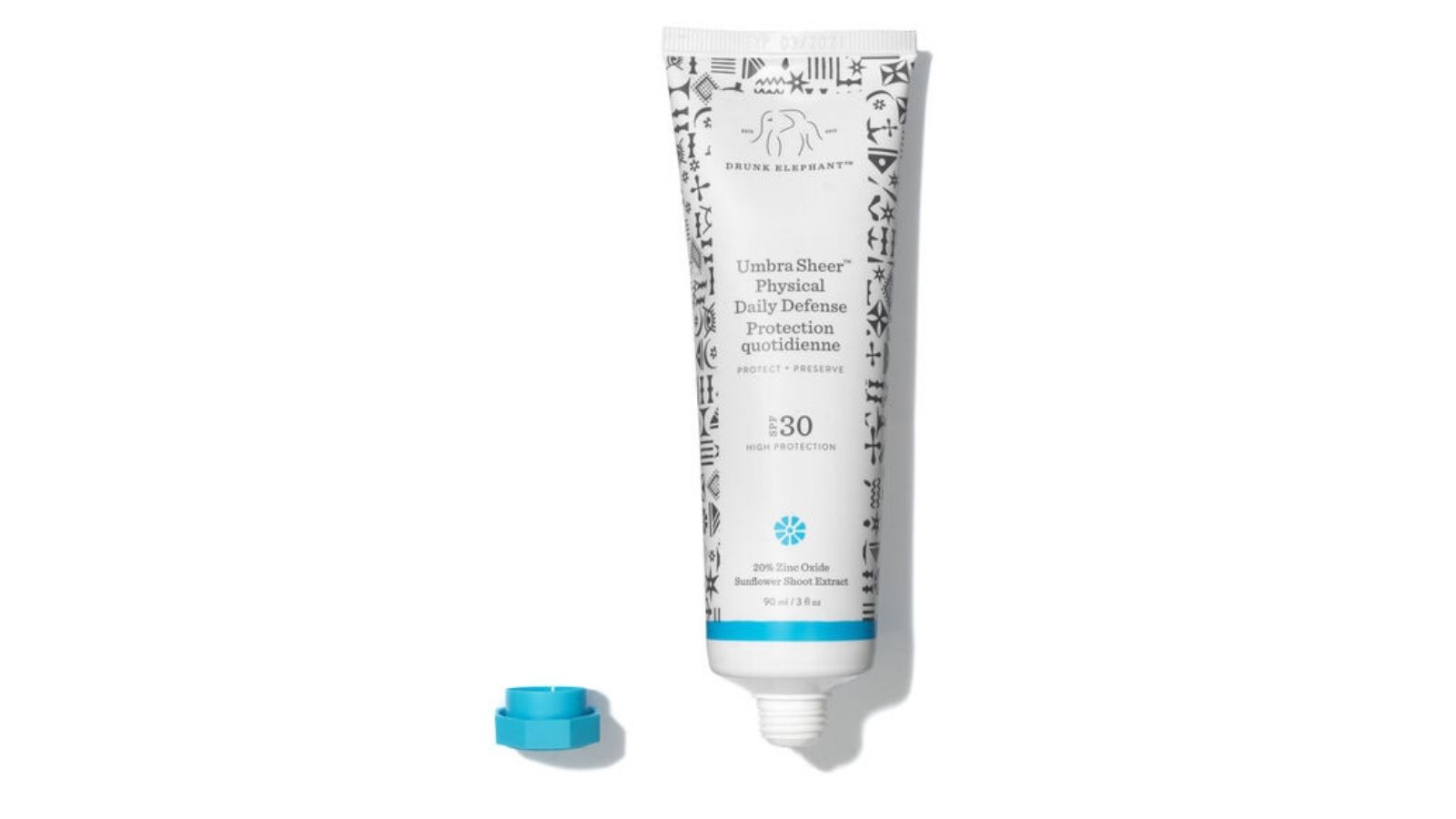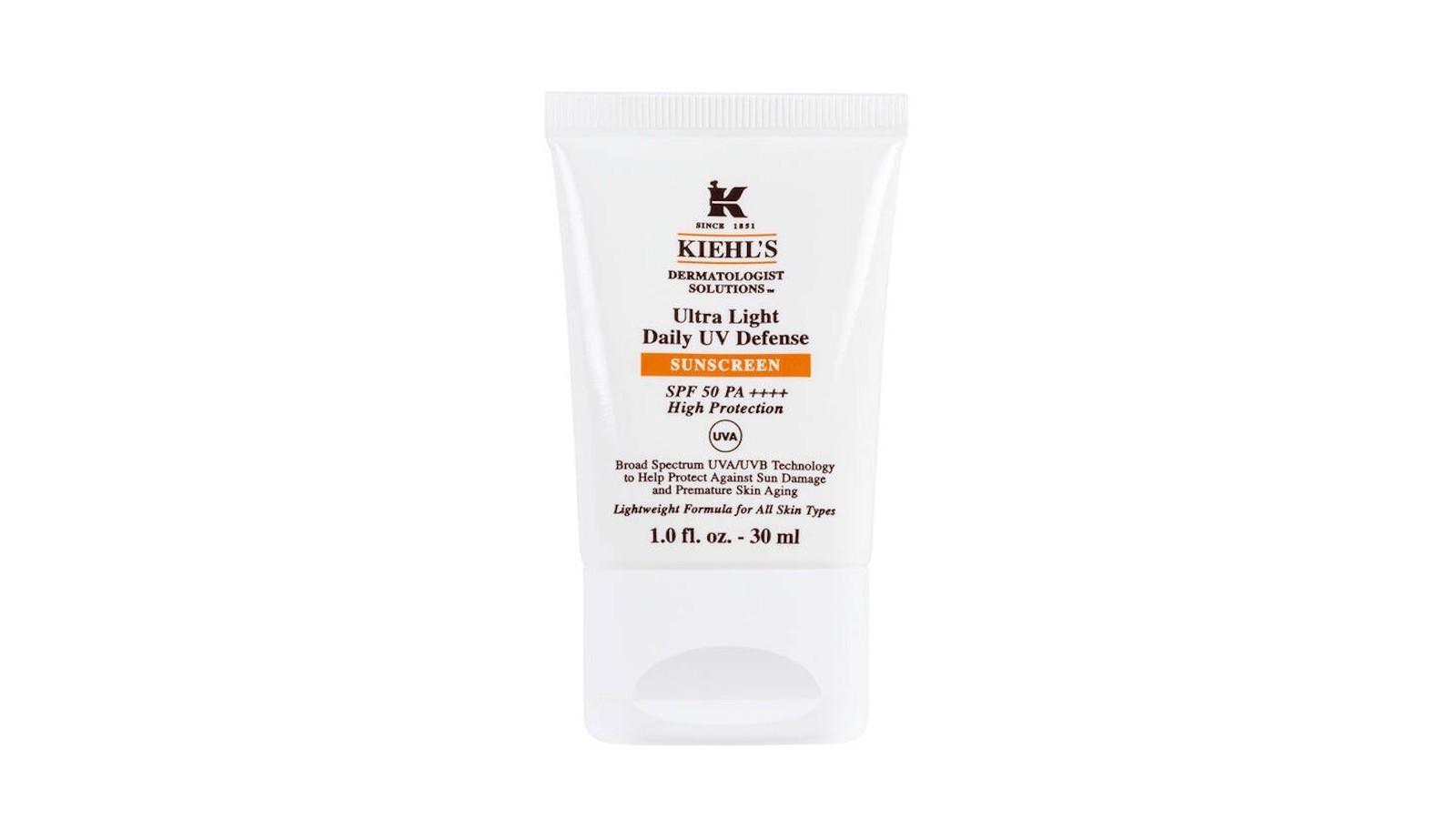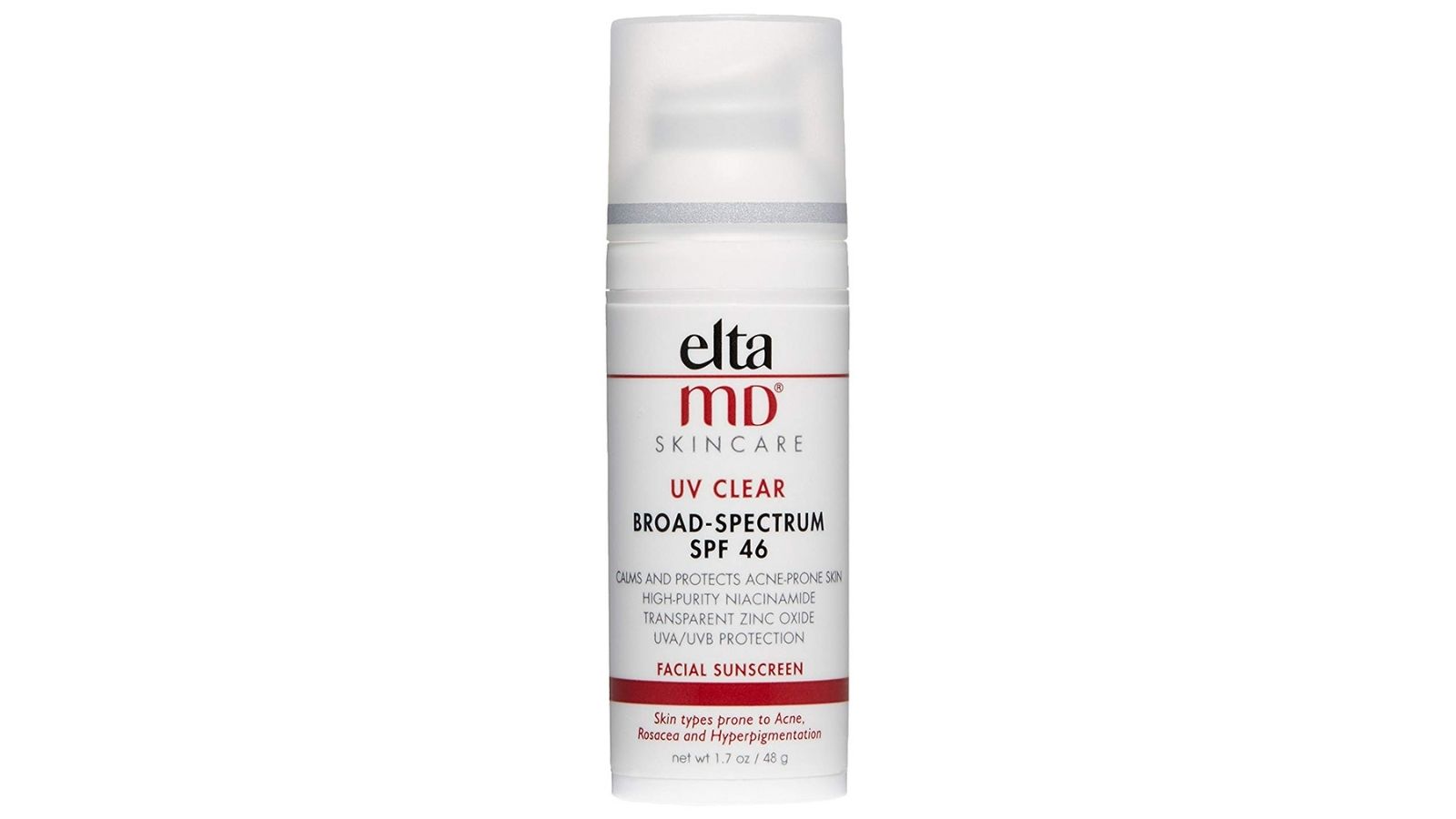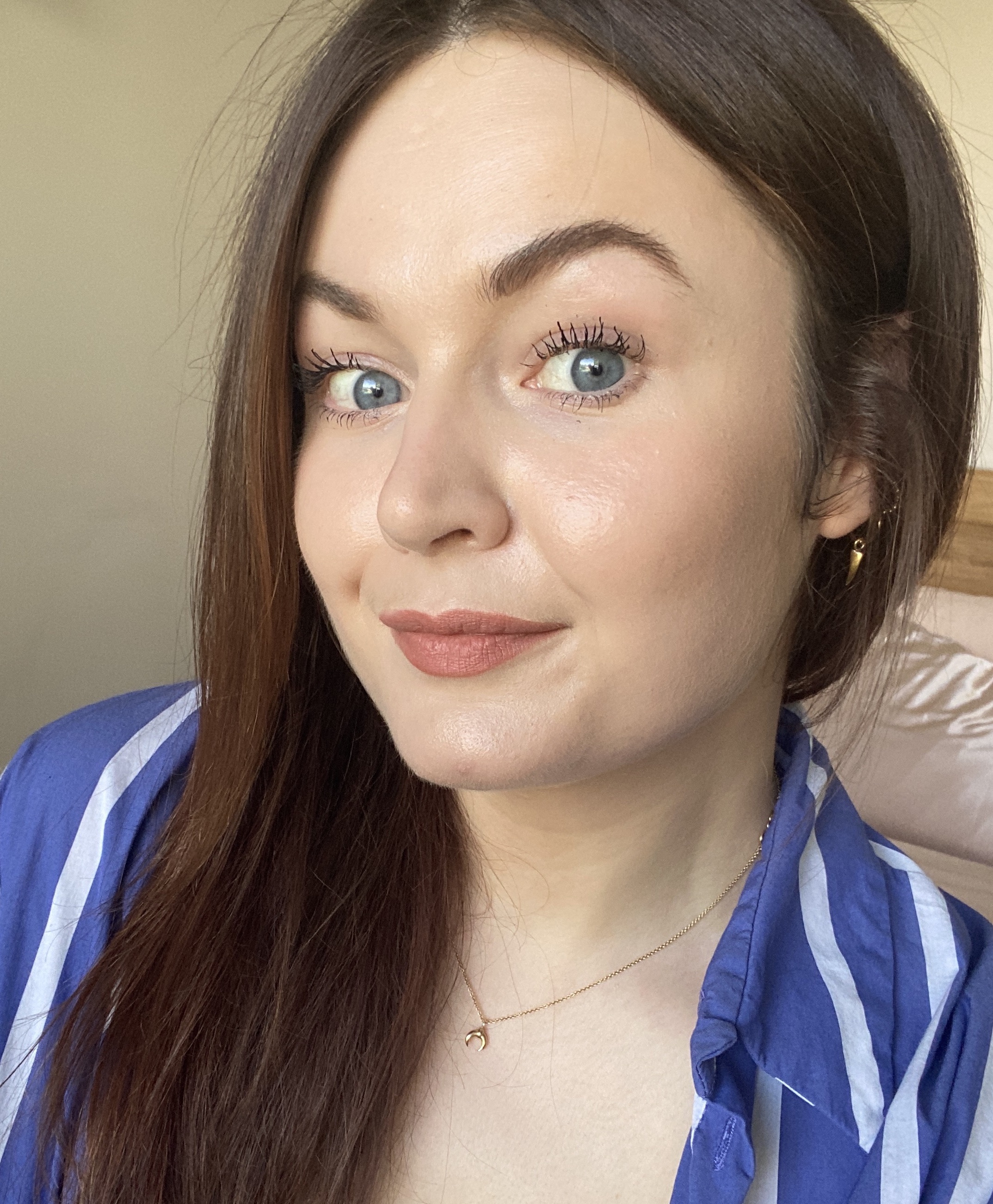Why you should wear sunscreen in winter, too
A dermatologist explains why it's important to wear sunscreen in winter and all year long, rather than just the summer months


Wearing sunscreen in winter is just as important as applying some much-needed SPF during the summer months and as the dermatologists we consulted explain below, wearing sunscreen all year round is key to skin health and looking younger for longer.
Just because it's not "sunny" outside doesn't mean you don't need some form of protection against UV rays—skipping sun protection in the colder months is one of the biggest mistakes you can make with your winter skincare routine.
Adding the best SPF products such as face moisturizer with SPF into your routine year-round is key for healthy skin, minimising sun damage and the signs of ageing. Here's why...
Do you need to wear sunscreen in winter?
According to the EPA, the average UV index in the US during the winter months stays between 0 and 4 or 5, depending on the state you're in. Even in the northern, colder states, that doesn't mean overexposing your skin to those numbers can't result in lasting damage. (That range is between 0 and 2 in the UK, according to Cosmetify.) If you've ever been skiing and woken up the next day to sunburns from light reflected off the snow, you'll know that it's just as important to take care of your skin from UV rays in cold weather as much as if you were sprawled out on the beach.
"In the winter months in the northern hemisphere, we have very little UVB radiation but there is still UVA around," explains consultant dermatologist Dr. Anjali Mahto.
"If you work outdoors, do sports, have extreme sensitivity to the sun, or are simply concerned about your skin cancer risk and skin aging, the safest option is to choose a separate broad-spectrum sunscreen with a minimum SPF 30."
So unless you are staying inside with the curtains drawn all day and only going out when it's dark, you need some form of SPF all year round. Remember that if you can see daylight, it can see you (and your skin!).
Sign up to our free daily email for the latest royal and entertainment news, interesting opinion, expert advice on styling and beauty trends, and no-nonsense guides to the health and wellness questions you want answered.
UVA rays versus UVB rays
Just because it's a cloudy day outside doesn't mean you're safe from the sun. While you may not be sunburned by it, the harmful UV rays emitted break through cloud cover and can still wreak havoc on your skin if you're not protected. These are UVA rays, which are a constant factor to protect against.
Alternatively, UVB rays vary depending on the day. On sunnier days in July, they're going to be higher than a cloudy day in January, for example. If you've ever worn sunscreen in your life before, you probably understand how these UVB rays are dangerous. The reality is though that UVA rays can be just as harmful, which is why it's important to wear your sunscreen in winter. And if you are wondering does sunscreen prevent tanning, if it's broad spectrum then yes, it will.
Sunscreen in winter can continue your anti-aging skincare routine
Your skincare routine is important to maintain at any age. Incorporating more sunscreen into this process in the winter can help mitigate aging concerns though. SPF-filled serums and creams help repair and protect collagen and elastin by blocking out UV rays in the first place. So even if its not the bottle of Coppertone white goop you rub on at the beach, finding the best facial sunscreen for daily use that doesn't feel so heavy on the skin can help keep your youthful glow for years to come.
Is an SPF moisturizer or foundation enough?
In short, the answer is probably not, but the problem isn't down to the product itself, rather how us consumers apply it. "Studies repeatedly show that we often tend to under-apply our skincare products rather than our sunscreen so we don’t get the same level of protection," says Dr. Mahto.
Consider this: you should apply at least half a teaspoon of sun cream to cover your face and reapply every two hours. You probably aren't going through quite that much foundation or face moisturizer with SPF every day!
On top of this, our dermatologist also notes that the level of SPF relates only to protection against UVB and not UVA, the latter of which is responsible for premature skin aging. That's why you need something that offers "broad spectrum" protection to shield against both types of UV rays.
However, provided you don't work in front of a window, "if you are going to work in the dark and leaving in the dark in the depths of December, you probably aren’t seeing much sunlight," she adds. "In which case, if you prefer to wear a moisturizer with SPF it’s fine."
Sunscreen Products We Love

Drunk Elephant Umbra Sheer Defense SPF 30 | RRP: $34/£29
The best all arounder for most skin types, Drunk Elephant's daily-use sunscreen has become widely popular for being light on the skin and not conflicting with any other scented serum's. It's oil-free, fragrance-free, and protects against UVA and UVB light.

Kiehl's Super Fluid Daily UV Defense SPF 50 | RRP: $38/£30
Using a higher SPF factor and a matte finish, this sunscreen is better for those extra bright days. It's also the better choice for anyone with particularly oily skin.

EltaMD UV Clear Broad-Spectrum SPF 46 | RRP: $37/£34.50
Anyone with sensitive skin should look no further than this selection. This lotion goes on clear and doesn't leave any residue or white cast before dissolving into the skin. It's fragrance-free and isn't greasy so goes on silky smooth.
Lucy is a UK-based beauty journalist who has written for titles including Marie Claire, Glamour and OK!, as well as contributing to woman&home. Her work covers everything from expert skin and haircare advice to beauty trends and reviews of the latest products. During her career she regularly speaks to the industry's leading hairdressers, dermatologists and make-up artists, has covered backstage at London Fashion Week and interviewed many a celeb about their beauty routine.
